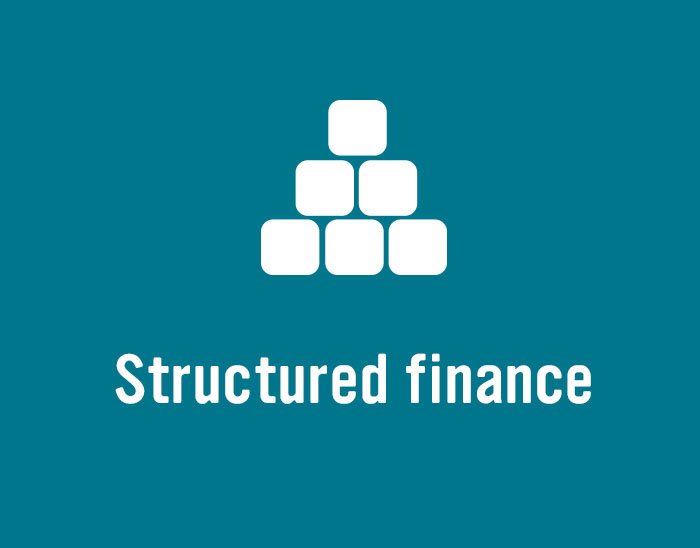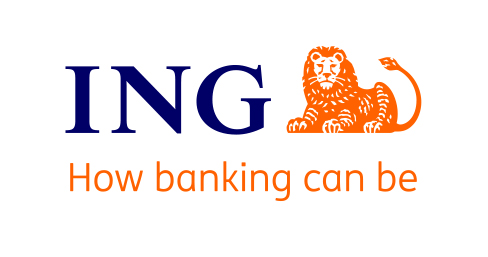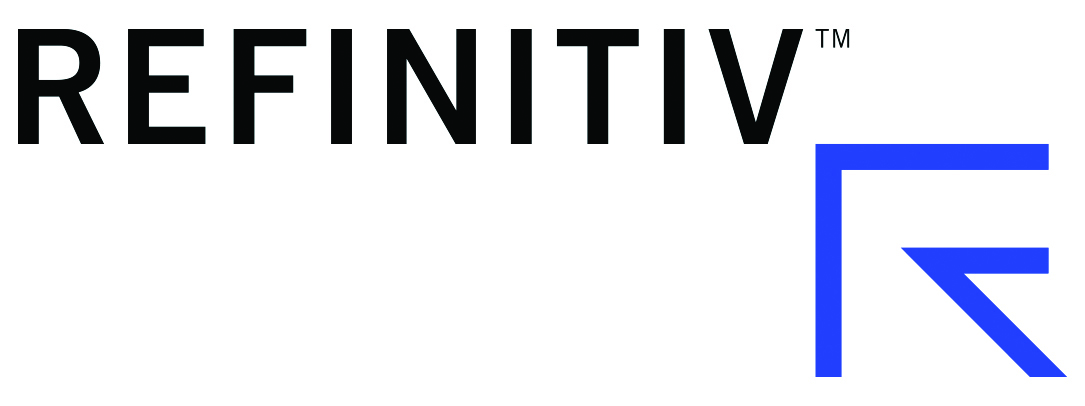Latest News
Treasury Corporation of Victoria returned to green, social and sustainability bond issuance on 16 September with an invigorated and larger programme. The borrower wants its new 2035 sustainability bond to be considered a part of, rather than an adjunct to, its vanilla curve and as such it plans further to increase its volume on issue from the initial A$2.5 billion (US$1.8 billion).
ElectraNet’s first Australian dollar deal was a departure from its usual sources of funding—the US private placement market and bank debt. The issuer says diversification drove the decision to enter the local market and that it was rewarded with a positive buy-side response.
Sustainability is a watchword for New South Wales Treasury Corporation in both its central roles as issuer of state-government bonds and manager of several public-sector funds. Key to its success is collaboration with government and strategic financial industry participants, with a collective aim to strengthen the system as a whole.
The global sustainable-finance market continues to innovate in the areas of product, reporting and data provision among others. In this environment, ING and KangaNews gathered leaders from the Australian and European corporate sector with other market participants to discuss how borrowers are furthering the alignment between finance and corporate-sustainability goals.
In August, ANZ and KangaNews hosted a roundtable to discuss the evolution of sustainable-debt product in Australia. Local investors share views on how the emergence of new security types can satisfy their burgeoning demand for more detail and greater insight into funds’ impact. Meanwhile, issuers from the corporate and bank sectors discus matching product to their own sustainability ambitions.
The global sustainable-finance market continues to innovate in the areas of product, reporting and data provision among others. In this environment, ING and KangaNews gathered leaders from the Australian and European corporate sector with other market participants to discuss how borrowers are furthering the alignment between finance and corporate-sustainability goals.
One of the most significant aims of sustainable finance is developing climate-reporting standards that are as quantitative and robust as financial reporting. New Zealand is taking a global lead on mandatory climate reporting but there is much work to be done to reach the end goal.
The need to transition economies to more environmentally friendly and socially conscious settings, and for financial markets to facilitate this transition, requires vast amounts of data to assess, measure and compare progress. Refinitiv has been collating environmental, social and governance data on companies around the world since 2002 and shares its findings on the Asia-Pacific region.
Lack of senior-unsecured supply from the major banks continues to represent a major hole in the Australian debt market, according to KangaNews issuance data from the first half of 2021. Meanwhile, sovereign and semi-government issuance has receded from the heights of last year.
For the finance industry to support low-carbon economic transition to the fullest extent, sustainability principles must be applied across the business landscape and not just to the largest companies. However, the challenges are magnified for companies without the resources of the institutional sector.


















